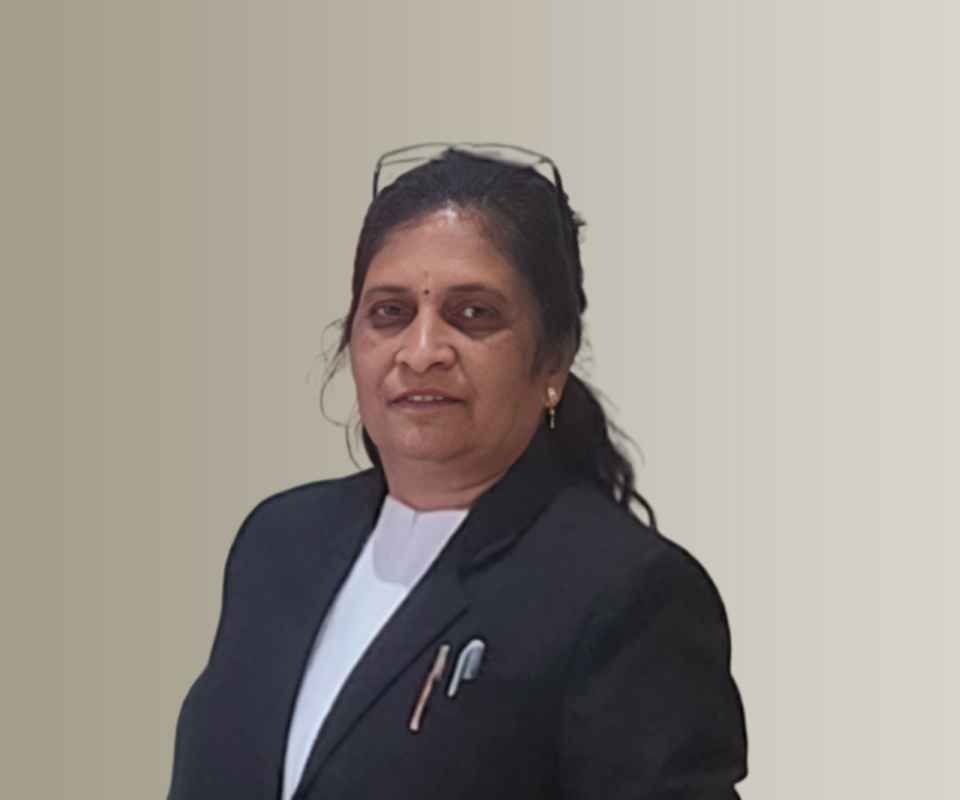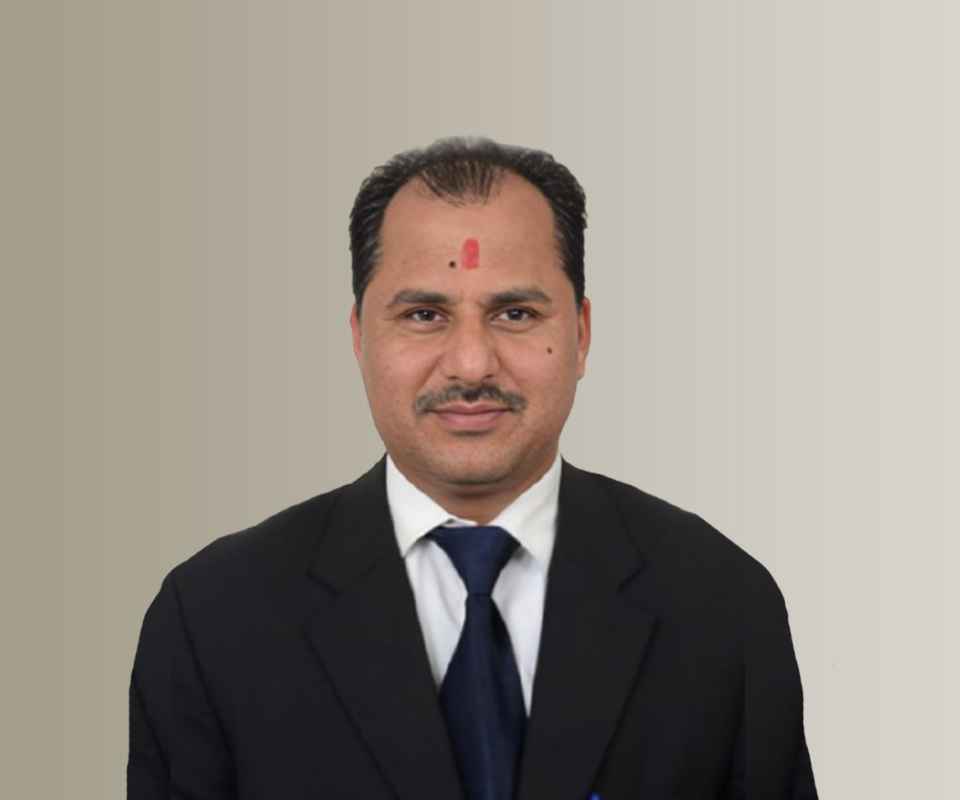Answer By law4u team
Khap Panchayats, traditional rural bodies predominantly found in parts of northern India, continue to wield significant social influence and uphold patriarchal norms despite being declared illegal by the Indian judiciary. These Panchayats often issue diktats that violate individual rights, particularly those of women, including prohibitions on intercaste marriages, control over women's mobility, and even orders of honor killings. The persistence of these illegal practices reflects deeper societal issues, where social customs and cultural traditions often clash with modern legal and human rights frameworks.
Reasons Behind the Persistence of Patriarchal Diktats by Khap Panchayats
Cultural and Social Traditions:
Khap Panchayats are deeply rooted in the cultural and social traditions of rural communities, where they are seen as upholding the values and norms of the society. Many of the diktats enforced by Khap Panchayats are based on age-old patriarchal beliefs that prioritize male authority, family honor, and caste-based discrimination. These deeply ingrained customs are hard to challenge and continue to thrive despite legal prohibitions.
Power and Control in Rural Governance:
The Khap Panchayats hold significant authority in rural governance and often function outside the formal legal system. They wield power over local communities, influencing everything from marriage decisions to social conduct. The patriarchal structure of these Panchayats gives men, particularly elders, unchecked power to impose their views and enforce their authority. The fear of social ostracism or violence from these Panchayats discourages many from challenging their decisions.
Resistance to Modernization and Legal Frameworks:
Khap Panchayats often view modern legal frameworks and gender equality as a threat to their traditional way of life. The imposition of legal reforms, especially those advocating for women's rights, is perceived as an encroachment on cultural values. Many members of these Panchayats resist modernity and the idea of gender equality, continuing to uphold patriarchal norms as a means of preserving their traditional power structures.
Lack of Effective Legal Enforcement:
Despite the legal prohibition of Khap Panchayat diktats, there is often a lack of effective enforcement of laws in rural areas. The justice system may be slow, under-resourced, or influenced by local power dynamics, making it difficult to challenge the decisions of these Panchayats. This creates a sense of impunity within these bodies, as they continue to impose illegal diktats without facing significant legal consequences.
Community Influence and Social Pressure:
The social pressure to conform to the diktats of the Khap Panchayats is immense, especially in tight-knit rural communities. Individuals, particularly women, fear being socially ostracized, shamed, or even subjected to violence if they challenge the authority of these Panchayats. The concept of family honor and societal expectations often outweigh the individual’s desire for freedom or justice, leading to continued submission to these patriarchal norms.
Political Patronage and Corruption:
In some cases, local politicians and power brokers align themselves with the Khap Panchayats to secure votes and maintain control over rural populations. This political patronage ensures the continued influence of these bodies, even when their actions are illegal. Corruption within law enforcement and the judiciary also plays a role in allowing Khap Panchayats to operate without consequence, further entrenching patriarchal norms.
Ignorance of Legal Rights:
Many people in rural areas, particularly women, are unaware of their legal rights and protections under Indian law. The lack of legal literacy and awareness, especially among women in marginalized communities, makes it difficult for them to resist the diktats of the Khap Panchayats. Without access to legal resources or support, victims of these patriarchal orders often remain powerless to challenge or seek justice.
Example
In Haryana, a couple from different castes was ordered by the Khap Panchayat to separate, despite the Indian Supreme Court ruling that intercaste marriages are legal. The Khap Panchayat justified their diktat by invoking caste traditions and family honor. The couple faced immense social pressure and threats of violence if they did not comply. Despite the legal protection offered by the Constitution, the couple was forced to seek refuge away from their families and community to avoid retribution, highlighting the gap between legal rights and local enforcement.
Conclusion:
The persistence of patriarchal diktats by Khap Panchayats is a complex issue rooted in cultural traditions, social pressures, and political power dynamics. While the Indian legal system has made strides in promoting gender equality and protecting individual rights, the challenge lies in enforcing these laws at the grassroots level, especially in rural communities. Addressing this issue requires a combination of legal reforms, education, awareness campaigns, and political will to challenge entrenched patriarchal structures and empower women to stand up for their rights.







